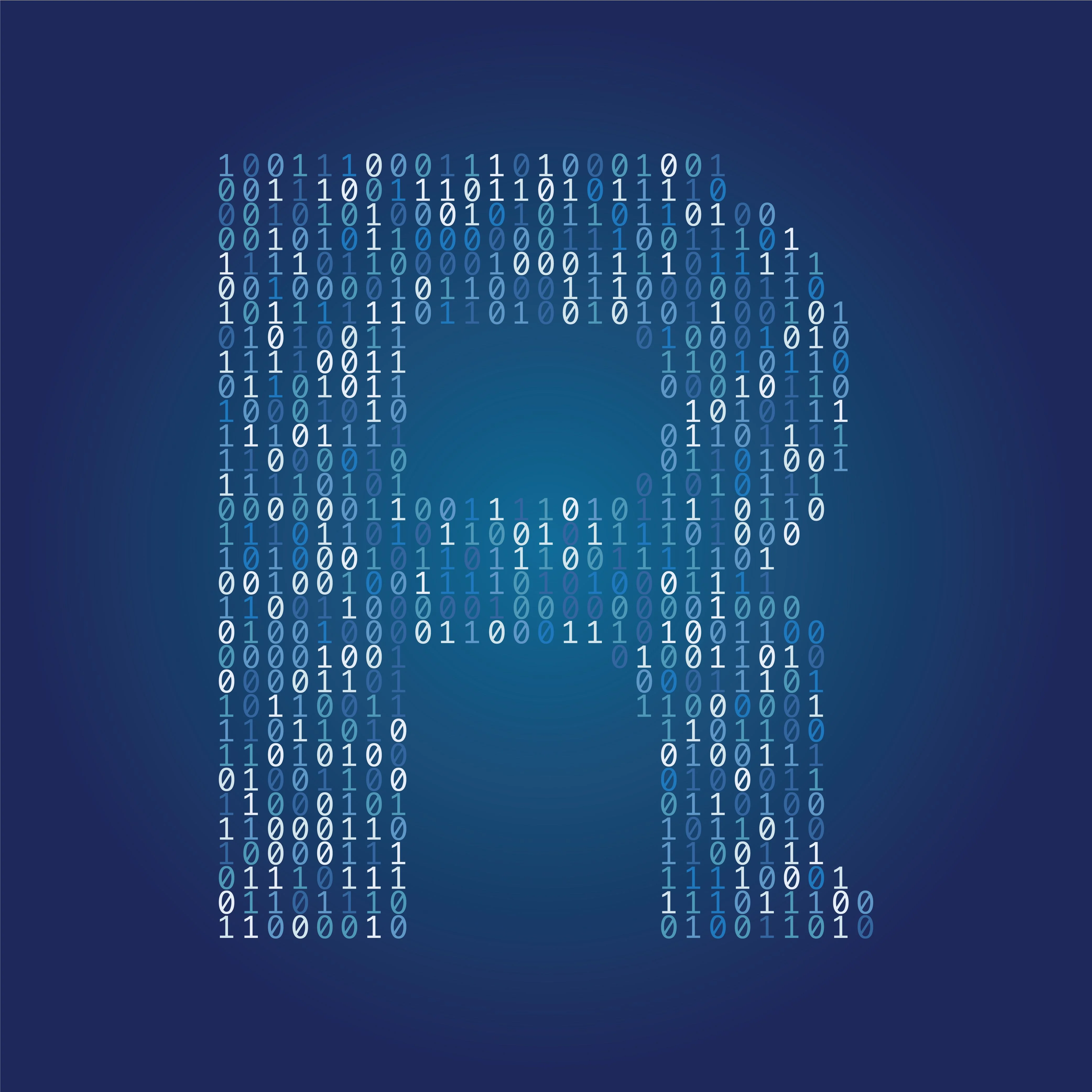Course
A feature that all programming communities have in common is the numerous debates about why their programming language of choice is better, more advanced, faster, holier etc. In today's data science community, it seems as if these discussions are omnipresent with advocates of SAS, SPSS, R, Python, Julia, etc. battling and challenging each other on every online medium on the best statistical programming language. (side note: These 'data driven' debates are often a good example of how you can prove anything with statistics.)
While these debates are a good thing for the community and the programming language as a whole, they unfortunately also have a negative effect on those individuals that are just in the beginning of their data analytics career. Biased opinions on all sides of the table make it difficult for new data analysts to see the forest for the trees when choosing a statistical programming language.
An Infograph for each Statistical Programming Language
Especially for this new group of data analysts (and future debaters), as well as for everyone else that is interested in learning data science or an additional statistical language, we created the infograph 'Statistical Language Wars' that gives a basic comparison between statistical programming languages like SAS, R and SPSS to see how they stack up. This is to provide a more clear starting point.
(To dive in to learning R, try this free introductory course. Also, check out DataCamp's R Data Import Tutorial.)

Source: datacamp.com/community/blog
We'll make sure to regularly update this infograph based on the feedback you provide, and we will definitely consider to create some new infographs that focus more on other players such as Python and Julia.
Feel free to share!
